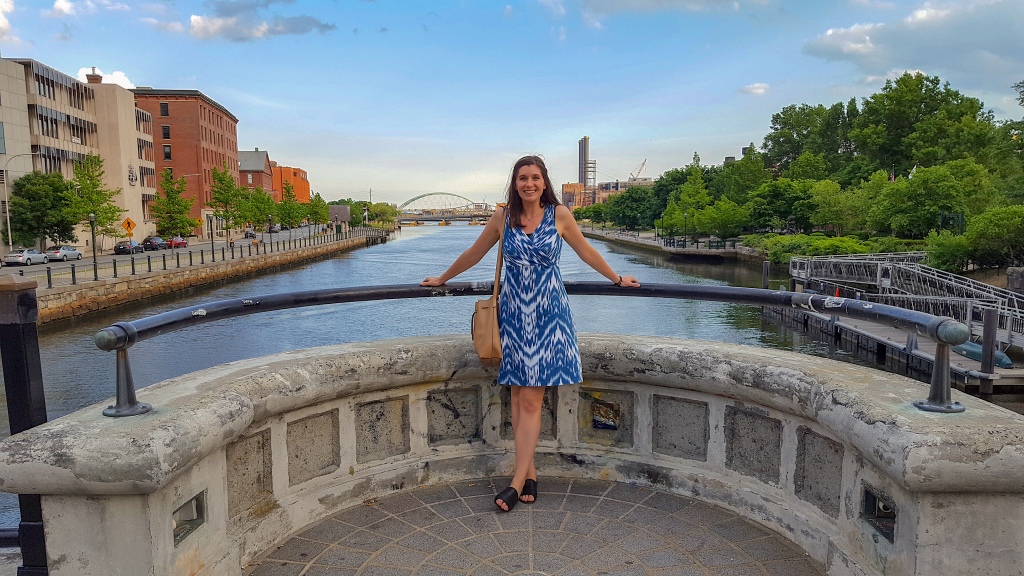Tag: education
-

Recent work, 2020 edition
It’s been a while — five years, to be exact — since I took time to reflect on some of my favorite recent stories. I don’t often get a chance to look back on past work. As a full-time writer at Brown University, I’m always juggling a few stories each week. Most often, I’m immersed…
-

The liberal arts factor
Some stereotypes are true. Most journalists, for example, possess thick skins, feel less empathy than the average person, don’t beat around the bush and enjoy the challenge of digging for well-hidden information. Journalists are also notorious workaholics: their jobs follow them home, on vacation, to the gym, wherever they go. Reporters will pick up their…
-
Hard news, soft news–it’s all good
This job is the first one in which I’ve truly been a general assignment reporter. Before that, I always had a certain beat. At the Santa Cruz Sentinel, my first internship and my first time working in a newsroom, I was supposed to cover everything but ended up mostly writing feature stories. At the Oregon…